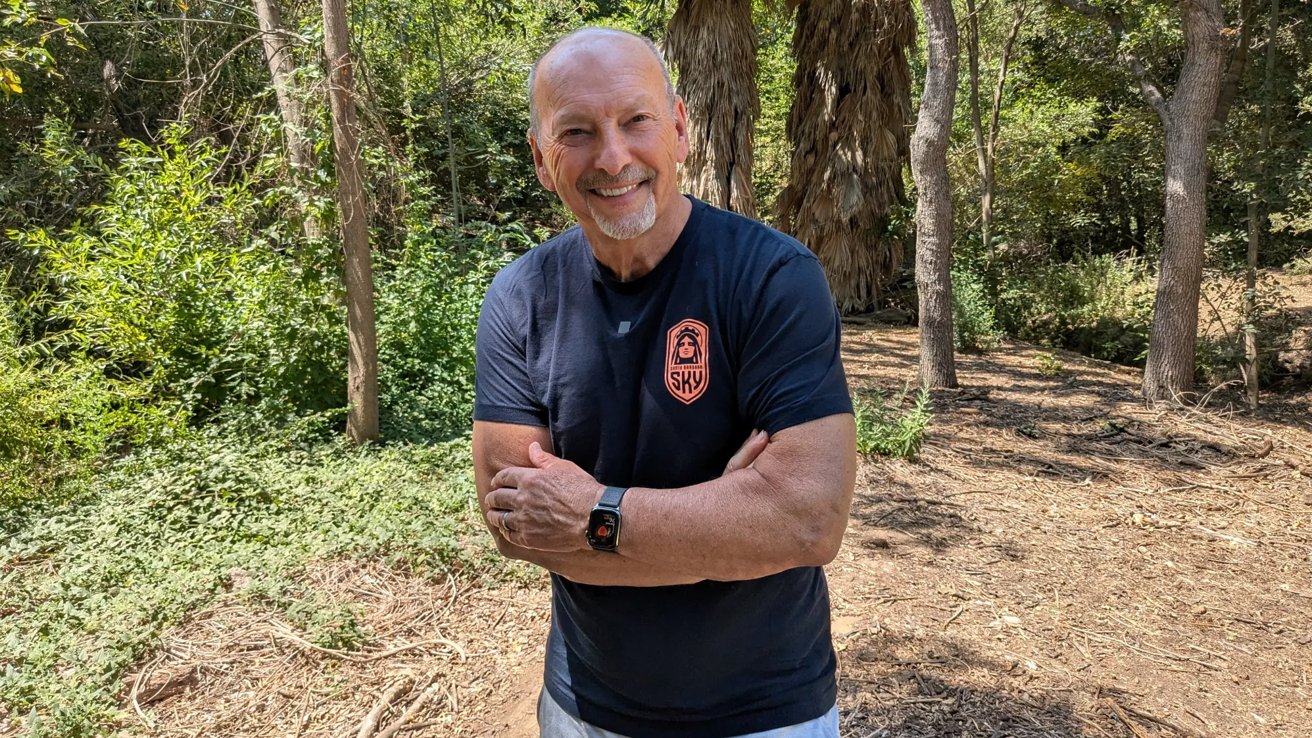Former Xbox head credits Apple watch with life-saving low heart rate alerts
Veteran tech executive Peter Moore credits his Apple Watch with an alert that ended up saving his life, resulting in the implantation of a pacemaker to regulate his heartbeat.

Tech and sports exec Peter Moore is alive and well, thanks to his Apple Watch.
As a career-long tech and sports CEO and advisor, Peter Moore is a long-time major player in Silicon Valley -- including stints as head of Sega, Microsoft's Xbox division, Electronic Arts' sports division, and CEO of his hometown of Liverpool's soccer team. He currently serves as SVP and GM of Unity Technologies' Sports and Live Entertainment division.
Recently, Moore was headed to the airport to pick up his daughter when he felt "a little lightheaded and a little faint," he told KTLA reporter Rich DeMuro. "Like a typical male, I thought, I'll go to Starbucks. That'll fix it.'"
His Apple Watch began to ping with "low heart rate" warnings. Moore did an ECG using the Watch, which informed him that his heart rate had dropped to 32 beats per minute. A more typical reading when not active would be between 50 and 60 bpm.
He pulled over and called his wife, who told him to stay put. She came and got him and took him to a nearby hospital.
Once there, according to Moore, "the doctor kind of theatrically ran in and said, This is not good. This is not good. You need a pacemaker right now.'" Moore underwent surgery immediately to implant a pacemaker, and now reports that he "feels great."
Pay heed to warnings from health wearables
Omid Yousefian, the cardiac electrophysiologist at Sansum Clinic Cardiology who treated Moore, said his Apple Watch played "a big role in saving his life." While the Apple Watch cannot detect a heart attack, it can alert users to unusual changes in their heart rate and rhythm, referred to as atrial fibrillation.
Moore "was notified by his watch that his heart rate is slow and he correlated that with the symptoms that he had," said Yousefian. "He didn't wait. He didn't sit. He came to the hospital directly. So he made a very smart move."
The Apple Watch has been credited innumerable times by users who said that the warnings it provided often made them aware of hidden health issues they didn't know they had. Basketball legend Sean Elliott recently credited the device with forcing him to go see a cardiologist, who was able to correct a heart rhythm issue with Elliott that could have lead to more serious damage over time.
"I wouldn't be here if it wasn't for this little device," Moore said. He praised the Apple Watch and other wearables for the value they can provide, particularly in "literally informing you about your health in real-time. And in my instance, I think, saving my life."
Read on AppleInsider

Comments
Recently, on a dark country road, with no lights or cell phone reception, I struck a moose. Apparently it didn't signal a right turn while exiting the woods. I was able to save myself, but not the car. The moose ran off into the woods. Without Apple's SOS via satellite I could have been waiting hours in the dark for help to arrive. But Apple's Crash detection sent an Emergency SOS signal at the moment of the crash. I was already on line with help by the time I got my wits together to even try to get a message out. Help arrived in under an hour and an ambulance was dispatched to take me to the hospital for care. The person at the SOS relay staton stayed with me the entire time.
Thanks to Apple and Tim Cook, I have cheated death twice now. I hope there's not a third time!